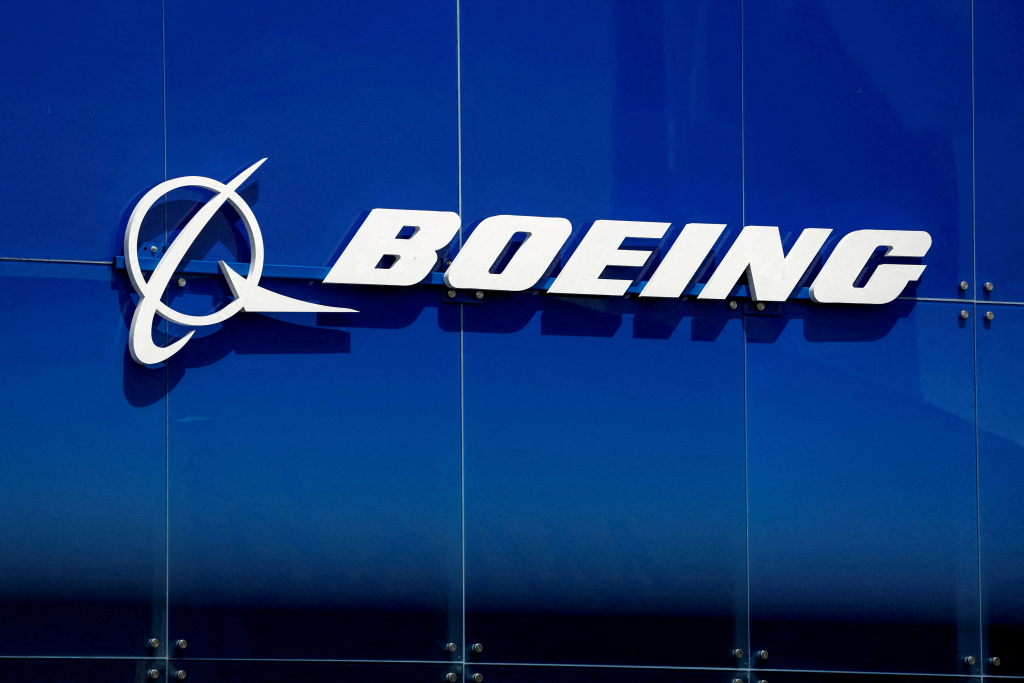Boeing secured a $20 billion defense contract and billions in commercial aircraft orders.
The company is recovering from a tough 2024 with improved production and stock performance.
Analysts see Boeing’s recent wins boosting cash flow, employee morale, and talent retention.
Boeing may finally be on an upward trajectory as it claws its way back into the good graces of investors and customers.
Since January, the manufacturer has been firing on all cylinders, securing a lucrative defense contract for the US’ new F-47 fighter jet and scoring billions of dollars worth of new passenger plane orders.
Deliveries are looking good, too. Analysts estimate that post-strike 737 production is at higher-than-expected levels in the first quarter so far.
The wins in two critical business segments are set to help bring in more cash, boost employee morale, and attract and retain engineering talent as the company works to right itself after a very tough 2024.
Boeing’s stock price has rallied about 16% over the past six months, nearly recovering from a March low, even as the broader market has pulled back amid tariff concerns and overall economic uncertainty. Shares remain down significantly from a 2023 high.
Analysts appear optimistic, with an average future price target of $196, or about 10% above Wednesday’s closing price.
Securing more aircraft orders and ramping up production
On Wednesday, Korean Air finalized its order for 20 Boeing 777X planes. The news followed Japan Airlines and Malaysia Airlines’ respective orders for 17 and up to 60 new 737 Max’s.
Both models are incredibly important for Boeing. The 777X is at least six years behind schedule — with its launch now expected in 2026 — and 737 Max output is capped at 38 a month.
Still, the deals add to Boeing’s more than 6,000-strong backlog and signal customer confidence after aircraft deliveries slowed in 2024.
In a January earnings call, CEO Kelly Ortberg, who took over in August, said Boeing could achieve a 737 Max production rate of 42 a month by the end of the year, assuming it meets federally agreed-upon quality and safety metrics.
He also outlined a plan to close the 737 “shadow factory” — where already-built jets receive fixes to quality issues — which should further boost operational efficiency as workers can fully focus on the main assembly line.
Airline customers appear pleased with the progress. United Airlines CFO Brian West said at a February Barclays conference that he is confident in the Max delivery schedule.



